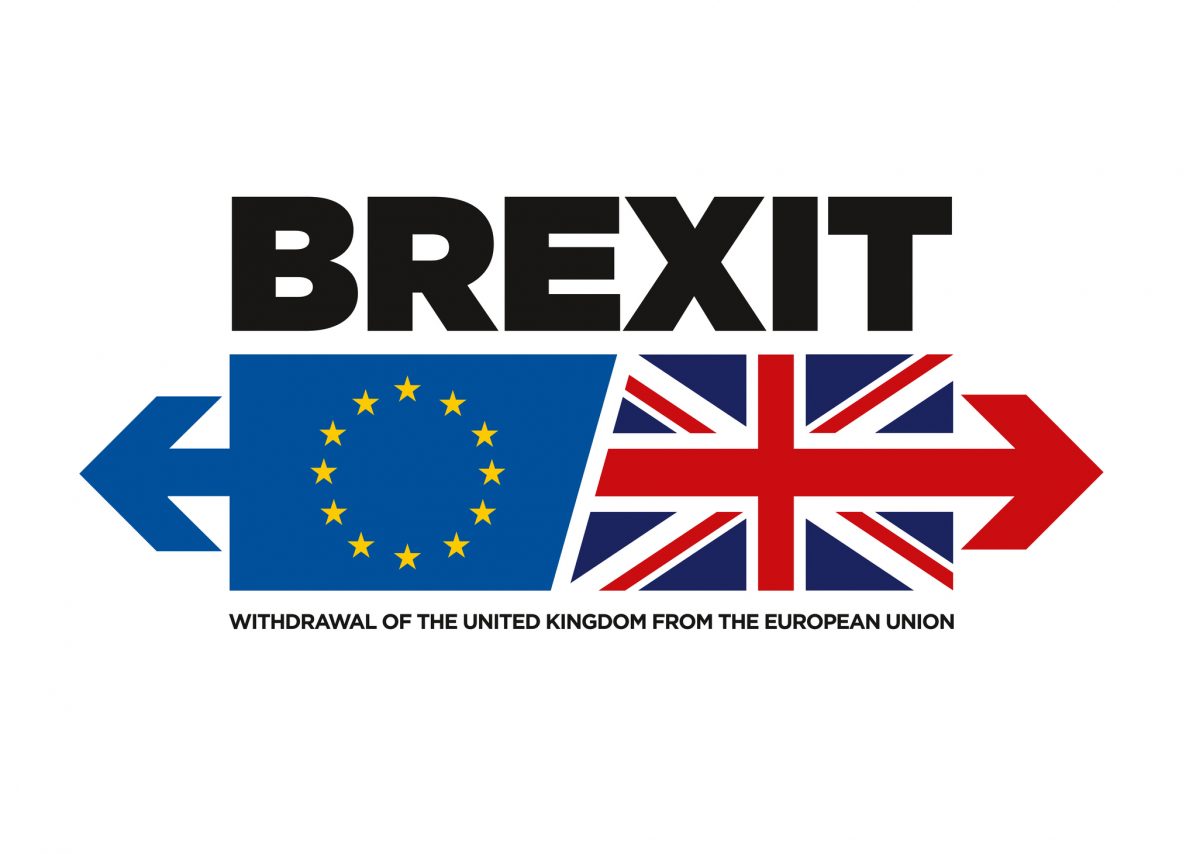As the United Kingdom (UK) finally reaches the end of the Brexit transition period, UK nationals living in the European Union (EU) should affirm their EU residency. Apart from any requirements in the UK, many countries in the EU have specific requirements regarding residency. UK nationals may need to apply for residence in the country. Alternatively, they may need to register their residence.
Important Points for UK Nationals to Affirm Residency:
- UK nationals may need to apply for a residence status to confirm they did in fact reside in the specific EU country prior to the end of the transition period (December 31, 2020)
- Requirements and processes vary by country
- According to the UK government, UK nationals have until June 30, 2021 to submit the application
What Happens to UK Nationals After December 31, 2020?
After December 31, immediate family members may travel to be with UK nationals. However, they may also need to submit an application prior to traveling.
The definition of immediate family members includes:
- Spouses
- Children/grandchildren who are dependents
- Registered Partners
- Parents/grandparents who are dependents
What Does This Mean?
For UK nationals living in the EU, it is important to understand their country of residence’s requirements relating to affirming residency status. Each country has specific forms and processes that should be followed. There are many complexities surrounding these requirements. Employers of UK nationals should take note to be sure their employees follow each specific requirement to ensure continued legal residency. The UK Government has a robust portal with a wealth of helpful information and resources. Here are three examples that show the wide disparity across various EU countries:
Greece
- UK nationals must register as a resident if they plan to stay for more than 3 months. Guidance on how to register in Greece.
- Those who are a legal resident before the transition period ends will be able to stay.
- Rules on residency registration will change after December 31, 2020. For those already registered as a resident in Greece or those who register before December 31, 2020, their residence documents will be considered as temporary national residence permits.
- UK nationals must further confirm their rights by obtaining a new residence document. (Note: Greece has not yet announced the process to obtain this new residency document.)
- The Greek government has a helpful website for UK nationals living in Greece, and they may submit questions using the website’s contact form.
- If you move to Greece after 31 December 2020, different immigration requirements will apply.
Luxembourg
- UK nationals who move to Luxembourg before December 31, 2020 must first make a declaration of arrival at the local town hall (commune) in their locality within 8 days. Within 3 months of arrival, they must get an address registration certificate from the Commune. Following these steps and after they have received their address registration certificate, then they will need to get the new document.
- If they require a criminal record check, they must apply for a police certificate from the ACRO Criminal Records Office. (Note: If they have never resided in the UK, they should record this in the “additional information” section on the application form.)
- Guidance on registering in Luxembourg.
- UK nationals who are residents in Luxembourg before the transition period ends will be able to stay.
- They must obtain a new residence document by June 30, 2021.
- Those who previously registered as a resident must complete an application form to obtain the new document from the Immigration Department in Luxembourg City. Guidance on the application process is provided online, along with the required application form.
Romania
- UK nationals who reside in Romania before the transition period ends will be able to stay.
- They must register as a Romanian resident if they want to stay in Romania for more than 3 months. Certificates are available from the General Inspectorate for Immigration (Inspectoratul Roman pentru Imigrari).
- Following the end of the transition period, UK nationals residing in Romania must apply for a new residency card. (Note: Romania has not confirmed the process for obtaining the new residency card, but once it is announced they must apply for the new card before 31 December 2021.)
- Guidance on residency for UK nationals living in Romania.
What Should Employers of UK Nationals do?
Employers of UK nationals should provide guidance as to the employee’s country of residence requirements to ensure legal residency status is maintained. They should also work with a Relocation Management Company (RMC). An experienced and knowledgeable RMC will be able to help employers by identifying the specific country requirements.
The RMC will also help determine the best process to ensure all of the requirements are met. Meeting requirements will help secure legal residency status for the employee. As a result, both employers and employees will have peace of mind. They will also not face any disruptions relating to residency status.
Conclusion
Global Mobility Solutions’ team of global relocation experts has helped thousands of our clients understand how to meet country requirements for residency. Our team can help your company understand how to help employees who are UK nationals establish legal residency in their specific EU country.
GMS was the first relocation company to register as a “.com.” The company also created the first online interactive tools and calculators, and revolutionized the entire relocation industry. GMS continues to set the industry pace as the pioneer in innovation and technology solutions with its proprietary MyRelocation® technology platform.
Contact our experts online to learn more about how GMS can help employees who are UK nationals establish residency in their EU country of choice, or give us a call at 800.617.1904 or 480.922.0700 today.
We're Here to Help! Request a Courtesy Visa Program Consultation
Properly managing a visa and immigration program involves meticulous coordination, precise communication, and worldwide interaction with government agencies, corporate personnel, and relocating employees.
At GMS, we provide you with peace of mind in knowing your mobility program is fully compliant and being managed by the best in the industry.
Request a no-pressure, courtesy consultation from a GMS Mobility Pro. We’ll be in touch within 1 business day.


